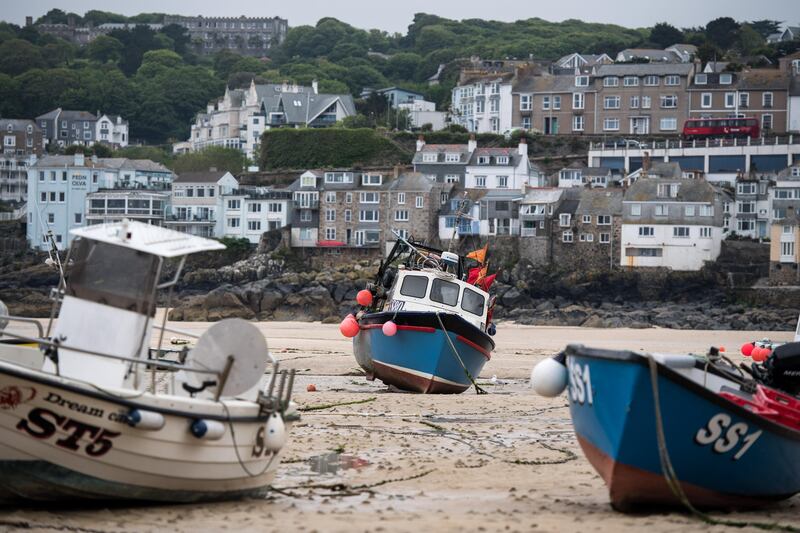The UK prime minister Theresa May will pull Britain out of the 1964 London convention that allows European fishing vessels to access waters as close as six to 12 nautical miles from the UK coastline.
Britain’s withdrawal from the European Union was already going to stop fishing by European boats within 12 to 200 nautical miles (22 to 370 kilometres) of British shores, but this move goes even further in terminating historic rights enjoyed by France, Belgium, Germany, Ireland, Netherlands that predate the United Kingdom’s own entry into the EU.
“For the first time in more than 50 years we will be able to decide who can access our waters,” said the environment secretary Michael Gove said. “This is a historic first step towards building a new domestic fishing policy as we leave the European Union -- one which leads to a more competitive, profitable and sustainable industry for the whole of the UK.”
Britain will notify the pact’s five other European signatories on Monday of its intention to pull out of the agreement, the department for environment, food and rural affairs said. Those nations hauled some 10,000 tonnes of fish worth an estimated £17 million (Dh81.36m) within 12 nautical miles of the British coast in 2015, according to the department.
The UK’s notification will set in train a two-year pullout to be completed in July 2019, three months after the scheduled deadline for Britain’s EU withdrawal.
Britain's fishing industry is worth £775m and in 2015 it employed 10,162 full-time fishermen, down from about 17,000 in 1990. In almost three decades, fleet numbers dropped a third to 6,200 vessels and the catch has shrunk 30 per cent.
Britain and Iceland clashed frequently over fishing rights between the 1950s and 1970s in a series of confrontations known as the "cod wars" while more recently Spain’s large fishing fleet has caused friction with the UK since the creation of the single market in 1993.
* Bloomberg





